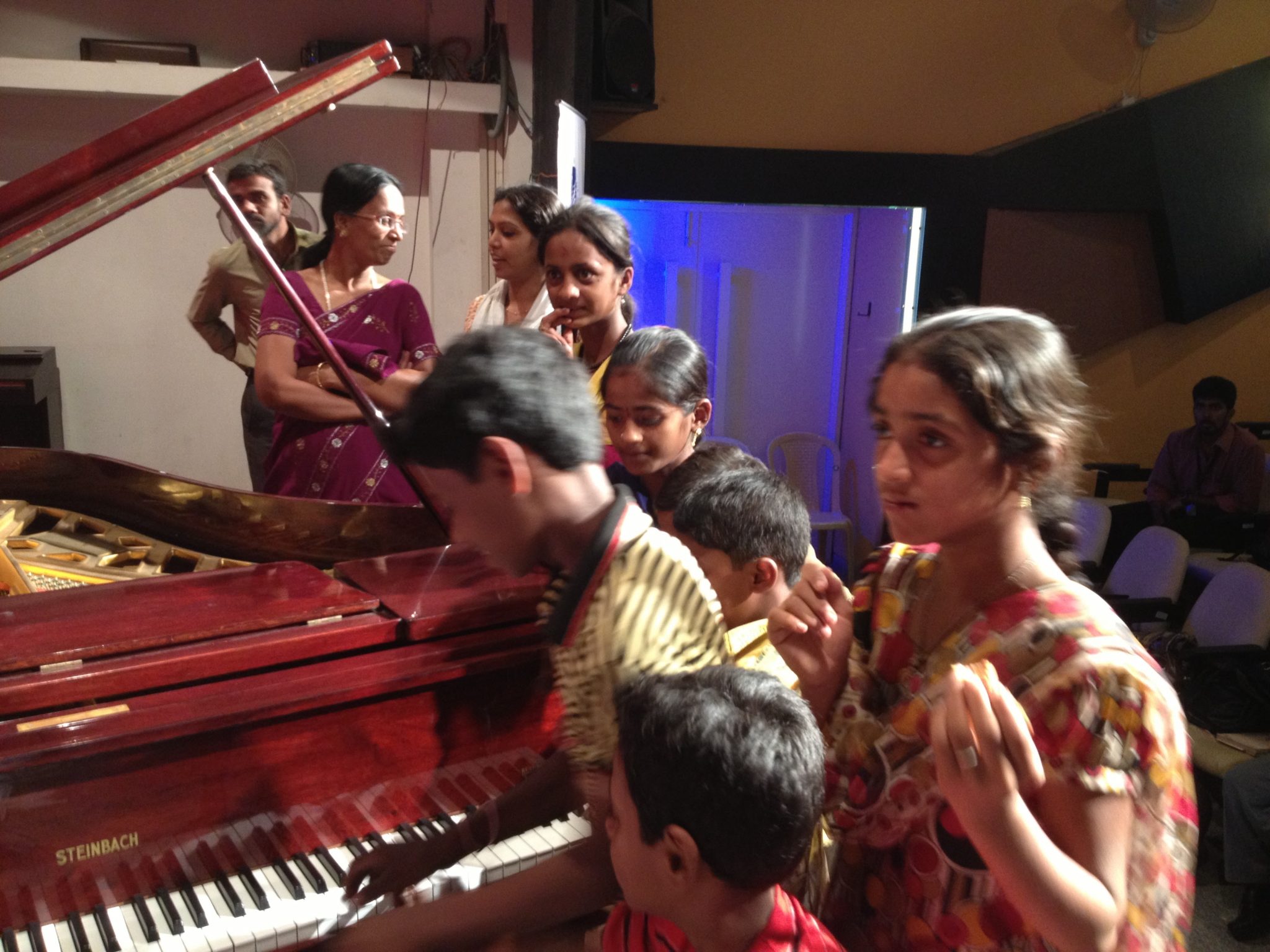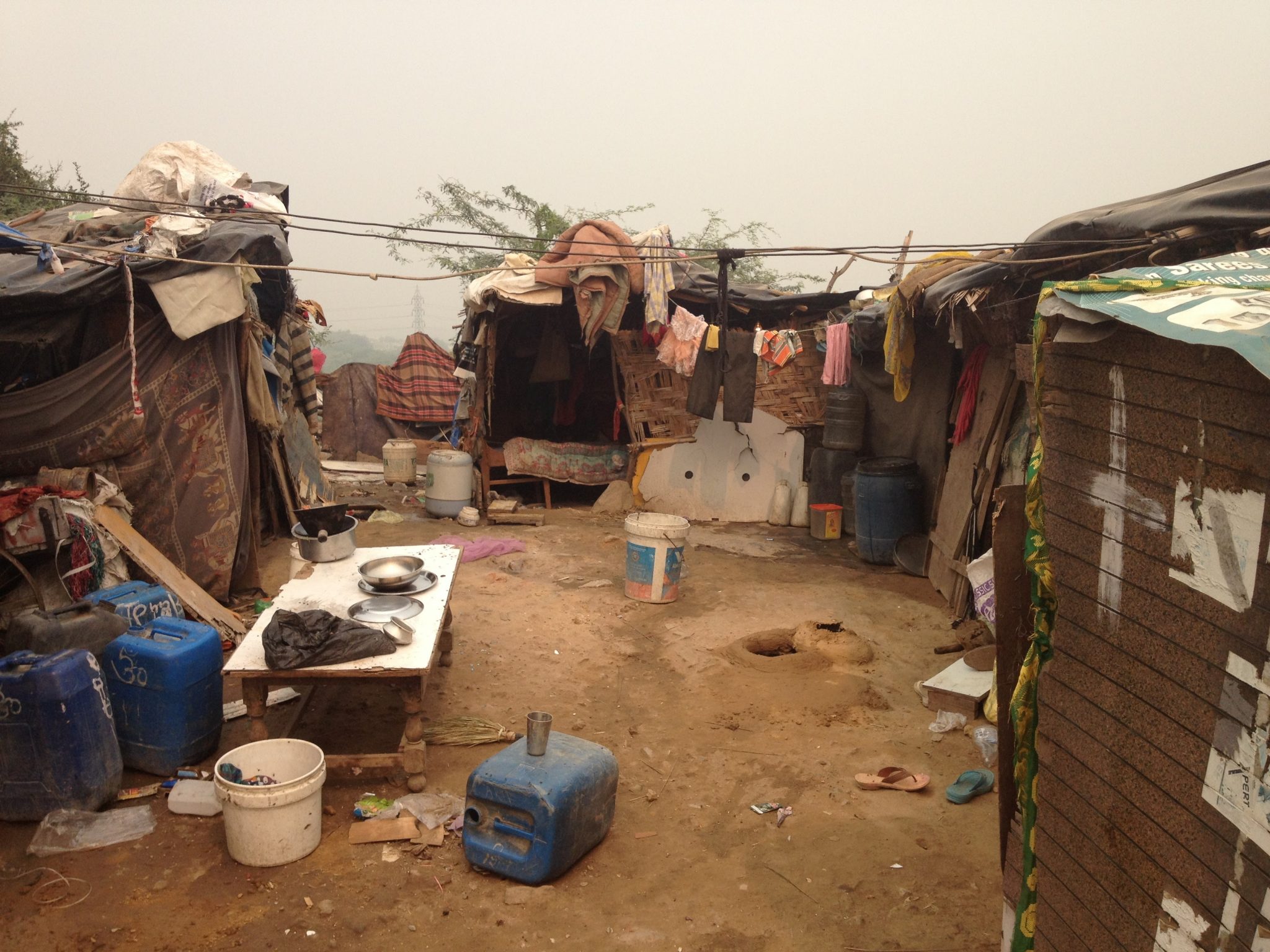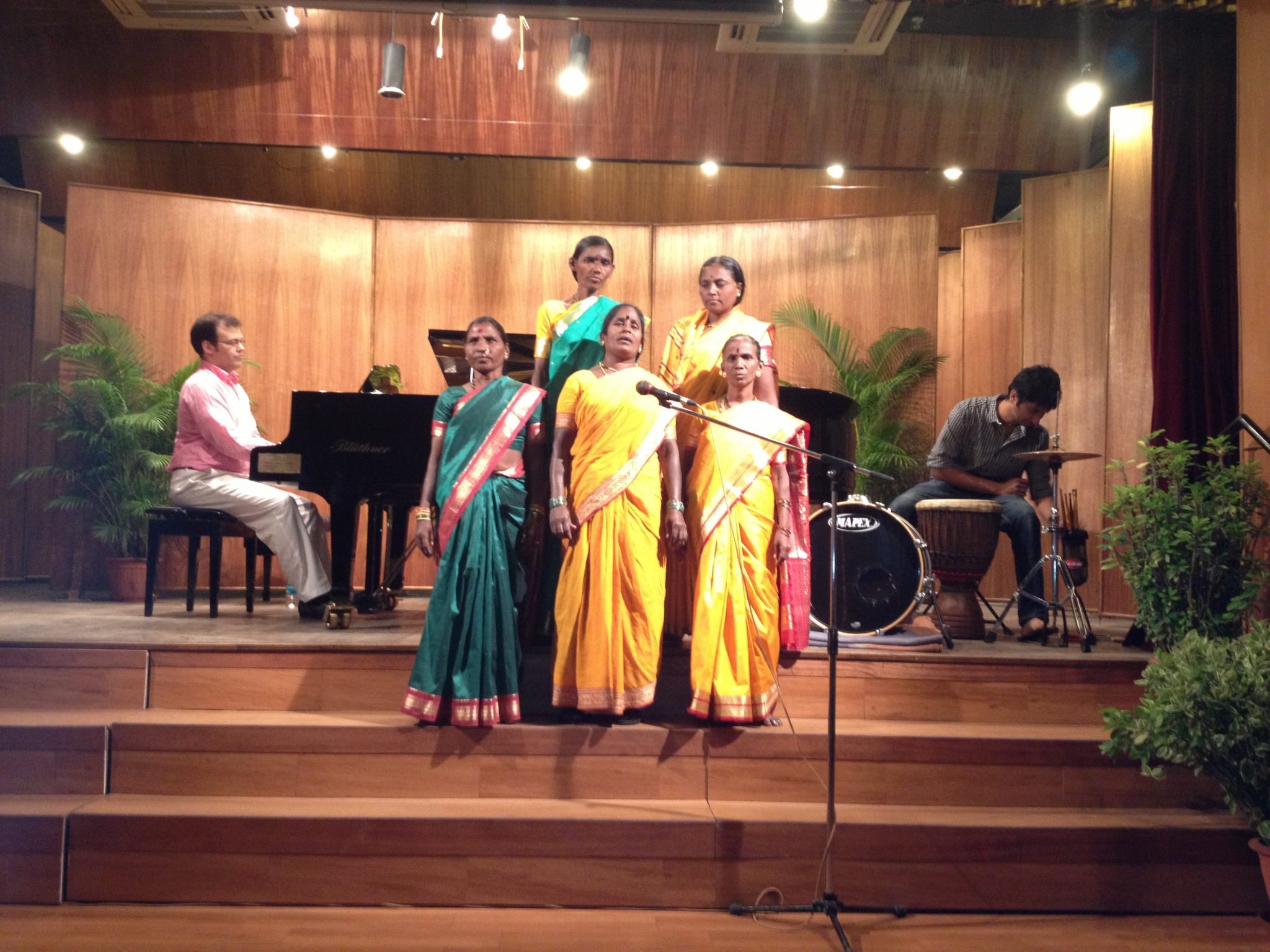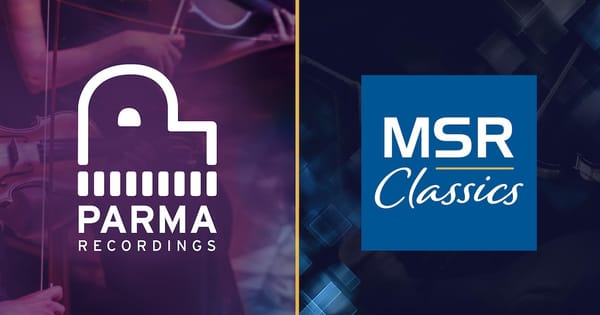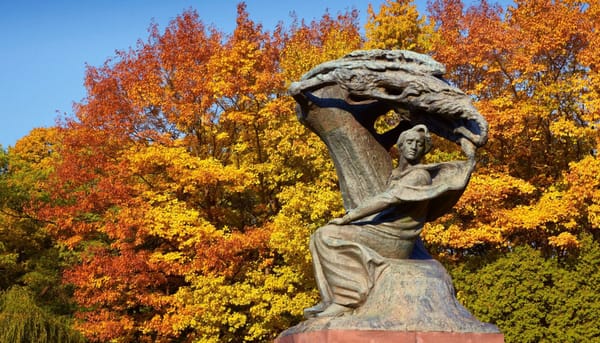Supporting the legitimacy of waste-pickers

Creative partnerships, between Western classical music societies and NGOs supporting the legitimacy of waste-pickers, formed the basis of my 6-city tour of India in 2012. These partnerships re-positioned an otherwise conventional Western classical music piano recital tour into one that made impact in unexpected and inspiring ways.
The importance of the legitimacy of waste-pickers is founded on a principle familiar to the great master composers of Western classical music: economy of means, or ‘making the most of one’s resources’. Beethoven’s work, the Moonlight Sonata Op. 27 No. 1, opens with a 3-note motif repeated 268 times in the first movement. A first time listener to this piece of music can hear this very easily. The 3rd movement includes hundreds of repetitions of this same 3-note motif extended to a 4-note version. The 30 minutes of Liszt’s epic masterpiece, Sonata in B Minor, are filled with variants of just 4 memorable musical motifs, ever-present throughout, the same musical materials expressing the widest range of emotions.
Prelude No. 56 Wastepicker Suite
This notion and the music was shared with audiences as well as with waste-pickers in workshops prior to each concert held in Delhi, Pune, Mumbai, and Bangalore. Thoughts and reactions to the music were shared. Waste-pickers shared their music as well. In Pune, Western style piano accompaniments were added to a waste-picker choir’s lively original folk-style melodies.
The piano was also placed in an Indian classical music context by innovative composers like Reena Esmail and Michael Harrison who composed works Rang-di-Basant and Jaunpuri for this tour.
In following a custom of mine to compose personalized pieces of music, I composed a Wastepicker Suite with musical material based on the names of inspiring waste-pickers: Sushila from Mumbai, Lakshmi from Bangalore, Abhijit from Pune, and Azir and Manwara from Delhi. The music alphabet (A, B, C, D, E, F, G) is used. So Abhijit’s name, for example, starts with the notes “A” and “B.” Further, continuing from G, H can be A, I can be B, J can be C, etc.
The partnerships between Western classical music societies and NGOs supporting waste-pickers also revealed the idea of context as musical meaning. Throughout the world’s educated populations, Beethoven’s Moonlight Sonata is widely known and when one performs it, it is almost impossible for listeners not to instantly compare the interpretation to other performances. However, when performing for waste-pickers who are hearing this music for the first time, the artist has a chance, through empathy for his audience, to absorb their perspective and to also hear the piece as-if for the first time. In a similar way, many concert presenters around the world have cautioned me against performing Liszt’s dramatic and philosophical Sonata for audiences that were not sufficiently sophisticated. However, for waste-pickers, who approach piano music with neither pre-conceived notions nor clearly defined expectations, they also bring an open ear to the Liszt. This too, can inspire a performer to perceive the Sonata from a perspective of renewed freshness.
This concept for the tour grew out of a friendship with one of my advisors Gabo Arora, a visionary virtual reality film maker, who in 2012, worked with the United Nations and introduced me to Bharati Chaturvedi, the founder of Chintan, a leading, Delhi-based NGO working to support waste-pickers and promoting the inclusion of workers legitimacy into the landscape of green environmentalism. It was Bharati who linked me to the other waste picker organizations. Inspiration from her led me to re-think the presentation of the music, stimulated new ways to connect to audiences, and indeed motivate new audiences.
A list of the partnerships:
Delhi: Chintan and the Nehru Memorial Library
Pune: Poona Music Society and Kagad Kach Patra Kashtakari Panchayat
Bangalore: Bangalore School of Music and Hasirudala
Mumbai: Jyoti Mhapsekar and the Russian Center, with special thanks to Fareed Curmally
Kolkata: Calcutta School of Music
Mysore: Cottage Concerts Series in Mysore
